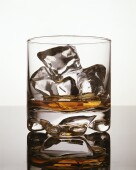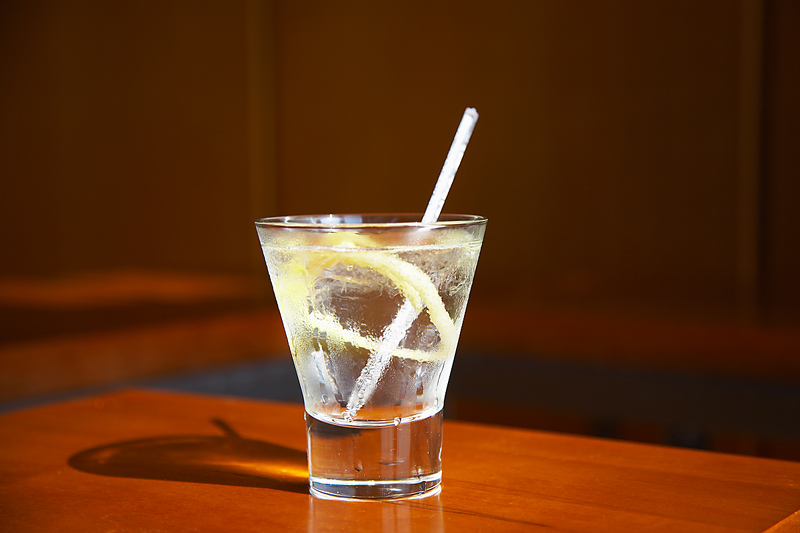
TUESDAY, Feb. 5 (HealthDay News) — Calorie counters, beware: Drinking diet “mixers” with alcohol intensifies the effects of the booze, according to the findings of breathalyzer tests.
Preliminary research on the use of different mixers, such as juice, soda or diet soda, suggests that diet soda might increase breath alcohol content more than higher calorie sugary beverages.
“The key thing is to be aware of this phenomenon,” said study author Cecile Marczinski, an assistant professor in the department of psychological science at Northern Kentucky University in Highland Heights.
“People tend to think that cutting calories is important, but when you’re drinking alcohol, calories help slow down the release of alcohol to your liver and brain,” Marczinski said.
Breath alcohol concentration, which is what police measure to determine if someone has consumed more than the legal limit of alcohol, is affected by different factors. Food in the stomach can lower breath alcohol concentration by up to 57 percent compared to drinking on an empty stomach, according to background information in the study.
Because many people are concerned about their weight, particularly young women, the researchers wanted to see how a drink mixer might affect breath alcohol levels.
For the study, released Feb. 5 online in Alcoholism: Clinical and Experimental Research, the researchers recruited eight males and eight females, average age 23, to attend three study sessions. At one session, they drank vodka mixed with regular Squirt, a soda. At another, they drank vodka mixed with diet Squirt, which is artificially sweetened with aspartame. At the final session, a placebo session, they drank regular soda with a small amount of alcohol on the top of the drink to create the smell of booze.
At each session, the study volunteers drank the equivalent of three to four bar drinks in a short period of time, said Marczinski. Breath alcohol content was measured eight times in the three hours following the drinks’ consumption.
Breath alcohol levels peaked 40 minutes after the study volunteers had their drinks. When the alcohol was mixed with regular soda containing sugar, the peak breath alcohol level was just under the legal limit at 0.077. But for diet soda drinkers, the peak was at 0.091, which is above the legal limit for driving a car.
Breath alcohol levels remained higher for the diet soda/alcohol drinkers for the entire three-hour period.
After drinking, the researchers also had the study volunteers perform a test on the computer. Participants who downed the diet drinks performed slightly worse, although they didn’t notice any difference in the way they felt or performed.
“They were slower to respond. It was a small difference, but it was statistically significant,” said Marczinski.
She said she suspects the alcohol was released from the stomach faster in the diet-drink group because there was no sugar (and no calories) in the stomach to slow down the delivery.
The researchers didn’t notice a difference between men and women in this study. But Marczinski said, “women are more inclined to consume alcoholic beverages with diet soda.”
The bottom line is that people shouldn’t drink on an empty stomach, and they may want to think twice about saving calories by using diet soda mixers, she said.
One expert agreed the findings should encourage caution.
“If you haven’t eaten before you start drinking, your blood sugar will go down. And then if you use diet mixers, you’re at a much higher risk of being intoxicated,” said Samantha Heller, a clinical nutritionist at the NYU Center for Musculoskeletal Care in New York City.
“If you think you’re doing a better thing by going with the diet mixer, you need to know you may be doing yourself a disservice if you’re getting more drink faster,” she added.
And while this study’s findings are “a concern,” Heller also noted that the study is quite small, and it should be duplicated.
Still, she advised anyone who’s been drinking to hang up the car keys. “Don’t drink and drive, no matter what. It’s just not worth it,” she said.
The American Beverage Association took issue with the findings.
“This paper, which looks at only 16 people, does not show that mixing diet soft drinks with alcohol causes increased intoxication,” the association said in a statement released Tuesday. “Rather, it simply supports the long known fact that consuming calories — from any food or beverage — along with alcohol slows down its impact.”
More information
Learn how alcohol can affect driving from the U.S. Centers for Disease Control and Prevention.

